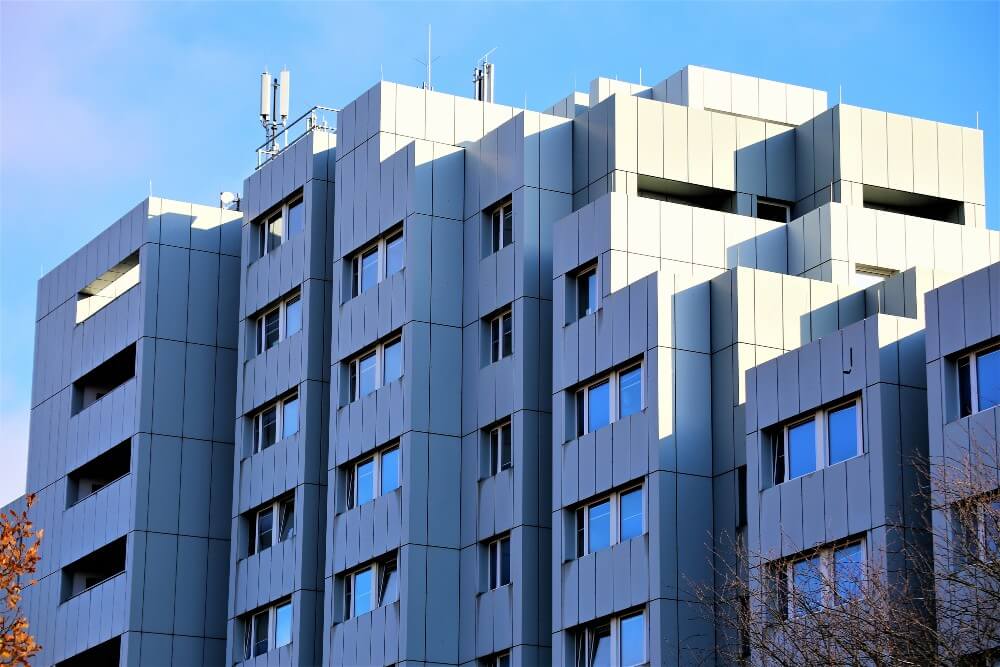Buying a Flat with Cladding
The after-effects of the fire at Grenfell Tower in June 2017 continue to emphasise the need for anyone thinking of buying a flat with cladding to investigate its fire safety.
You will need to consider whether the flat is a safe place to live, how much it might cost you to contribute to the costs of removing any cladding to make the building safe and how straightforward it would be to sell the flat in future.
If you are thinking about buying a flat with cladding, you should find out if the building needs work to be undertaken to make it safe and ask the following questions::
- Is there an effective fire watch system (waking watch) or fire alarm system?
- Who pays for this system and how much does it cost?
- What works are needed to make the building safe (including the removal and replacement of external cladding), who will pay for these works and how much will they cost?
How a solicitor can help you if you are buying a flat with cladding
Whilst solicitors are not qualified to advise on the physical structure of buildings or fire safety issues they can find out what the landlord is doing in response to questions about fire safety and check if the building has the necessary fire risk assessment and safety certificate (known as an External Wall System (EWS1) form).
If I buy a flat with cladding will I have to pay any of the costs to improve fire safety?
Generally the safety of a building and the responsibility for carrying out works to it falls to the freeholder or landlord but that cost will usually be recovered from the owners of individual flats by way of a service or maintenance charge. You will need to know how much this is likely to cost you.
You cannot assume that the cost of any fire safety works will be covered by the building insurance. Insurers may not be willing to pay for works at all or certainly not until they have been satisfied in relation to any claim. This in itself could be a lengthy and costly process.
What do mortgage lenders think about fire safety?
The increased awareness of fire safety for flats and residential buildings has also had an impact on mortgage lenders, many of whom are reluctant to lend on certain buildings.
The main focus of government action and guidance has been on taller buildings but other types of building may also be affected and mortgage lenders are not necessarily following government guidance in deciding on which buildings they are prepared to lend.
Should I buy a flat with cladding?
Anybody buying a flat with cladding should have funds set aside for costs over and above the usual maintenance and services charges. If there is a clear plan of action and costs for the building, and everything else about the property meets your requirements then you could proceed with clarity about your obligations. However, if you have any concerns about costs and would like to avoid the risk of additional financial burdens on top of mortgages and utility bills, then you might want to keep house hunting for a dream home with fewer things to worry about.
Here to Help
To discuss the buying or selling of your flat, get in touch with Chris Pease, Head of Residential Conveyancing.
Please note the contents of this article are given for information only and must not be relied upon. Legal advice should always be sought in relation to specific circumstances.

